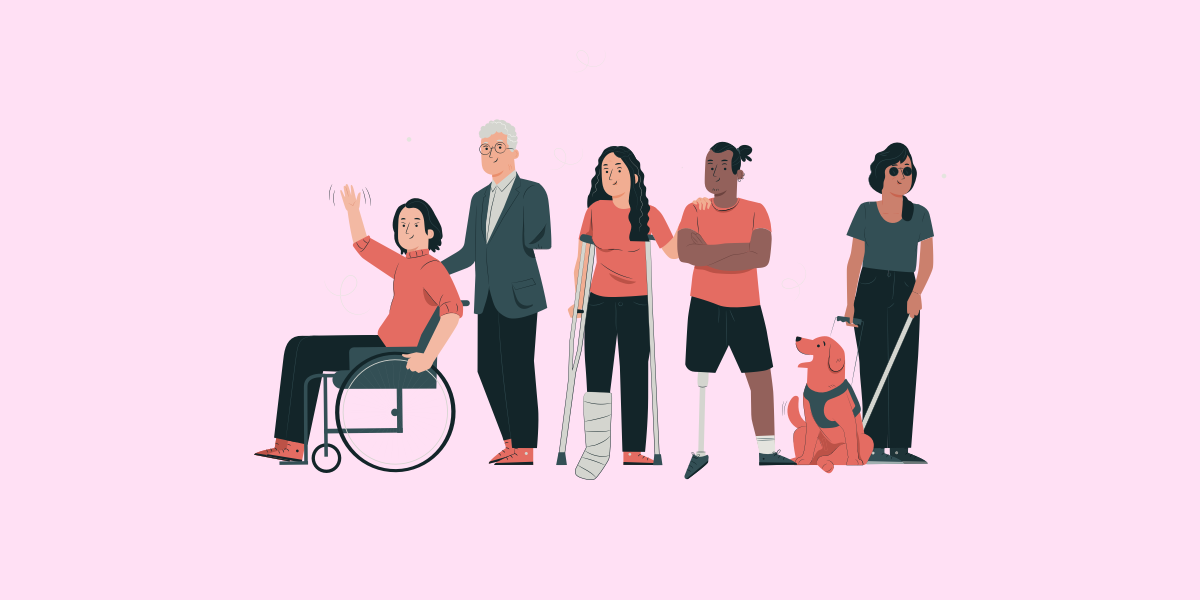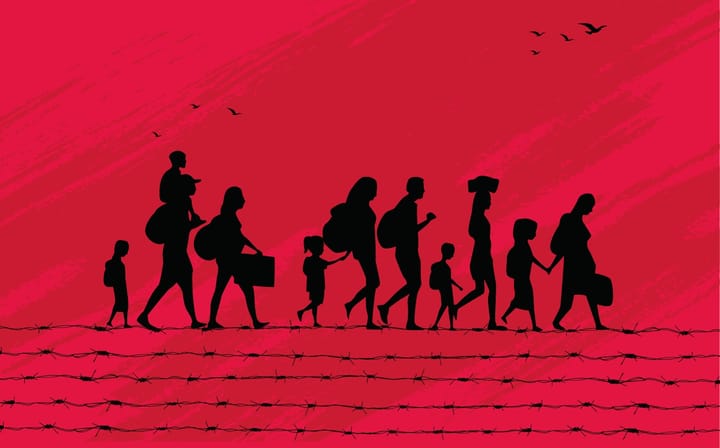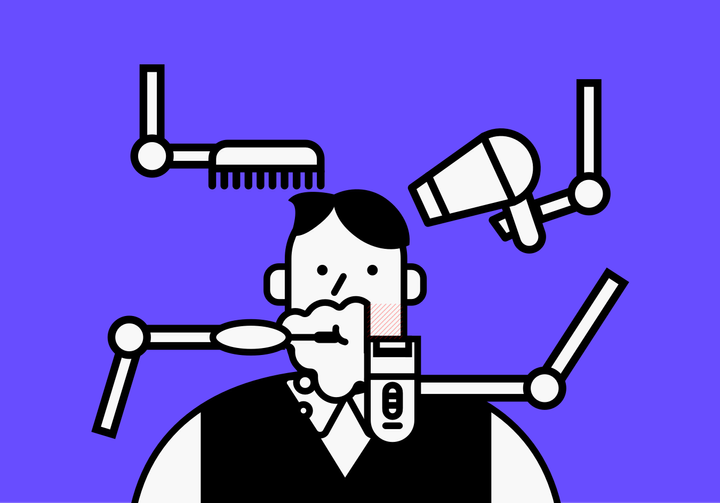How to help events become more inclusive
Organizers have a lot on their mind, and so do people who struggle to feel welcome and cope with obstacles at events. As attendees and speakers we have the power to support and unburden others.

To allow as many people as possible to participate and benefit from an event, there are many things to consider. It’s no surprise then that organizers often miss details that can help people feel welcome and seen, and that could make or break their ability to take part in the experience.
Too often it falls upon those who are already vulnerable, sidestepped, and with permanent or temporary needs for specific considerations, to fight for their own rights. But it is obviously not fair that people who already experience obstacles are hit twice by also having to fight to be seen and heard.
You can help.
Even if you do not see yourself as requiring these considerations, you can voice your compassion by attending events that do make efforts towards inclusion. When you pay for events that exclude people, the problems persist. When you encourage the desired behaviors you unburden people who are fighting these obstacles daily.
You can also choose to be more proactive. If there is no clear information on accessibility, inclusion and sustainability, send an e-mail with some questions. This also helps organizers improve their communication and work towards a more compassionate mindset.
Here is a template you can use. Use the questions that make sense to you and are relevant for the event.
Subject: Before I buy a ticket
Hello!
I am interested in attending your event. Before I buy a ticket, however, I want to inquire about some information I was unable to find on the invitation and website.
Are the premises adapted for easy access for people with mobility constraints?
Is there support to access the content (for example speaker system, hearing loop, sign language, live captioning)
Have you taken into account sensory impact to reduce audiovisual overload and/or provide a calm space for quiet recovery?
Is there clear signage so that one can easily wayfind without having to find someone to ask?
Is there a clearly designated person and/or channel to report experienced discomfort if this occurs (harassment, prejudice, etc.)?
Is there a clearly designated person and/or channel to opt out of photography and sound recording, or sharing of contact information? What does the routine look like for honoring these requests?
Have you taken into account food allergies and fragrance sensitivity?
Is there a strategy to minimize climate impact?
Have you received professional guidance on inclusion and sustainability
Obviously, clarity around these issues in advance help many people arrive well-prepared to your event.
Thanks for your help!
.signature
I’m not asking you to boycott all events that fail to deliver on all these premises. But the answers to these questions will certainly provide you with a better understanding of the organizer’s values and intent. Increased awareness also helps promote the pace of change.
Thank you for your consideration! ❤️




Comment